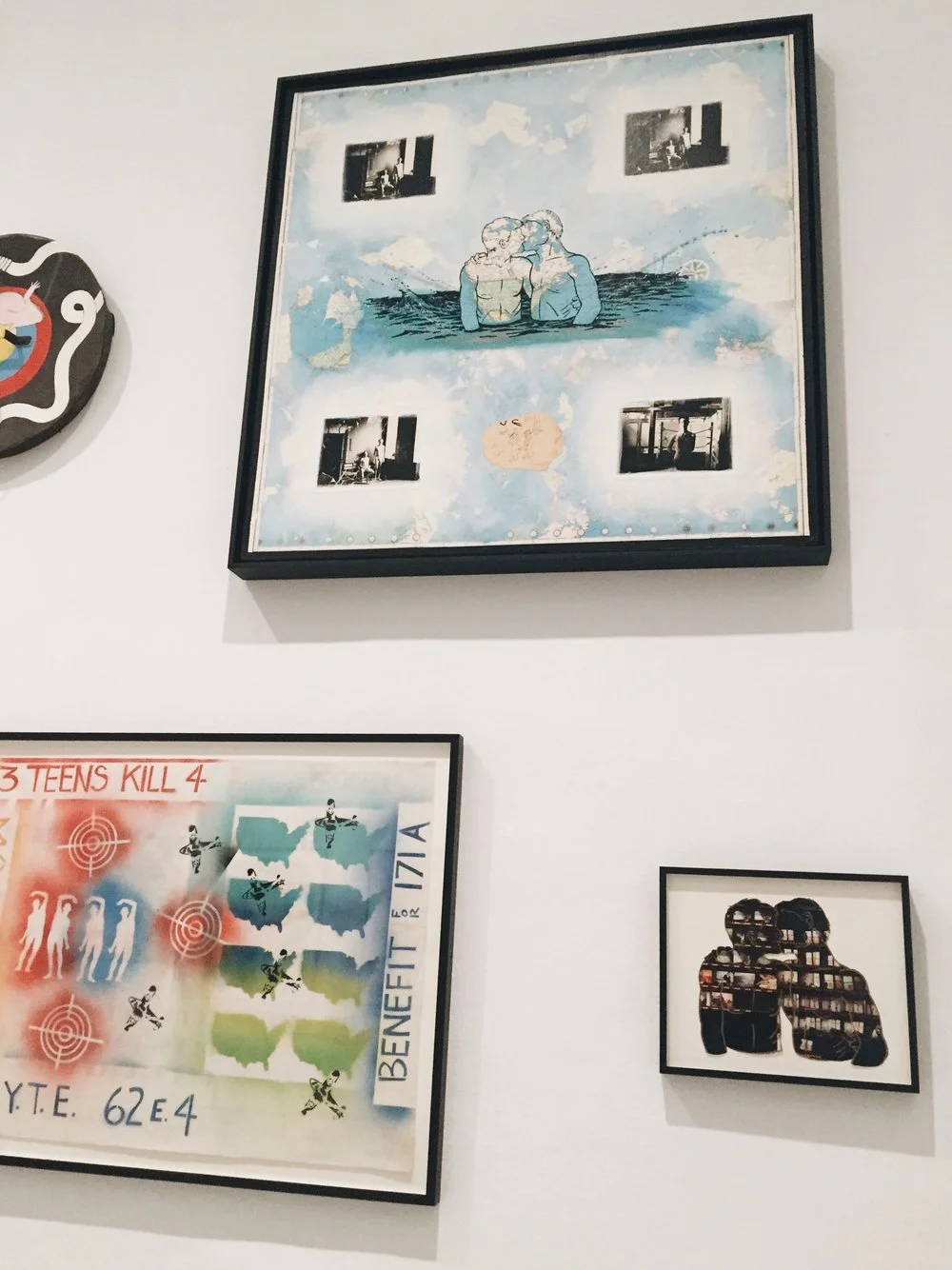Museo Reina Sofía: History Keeps Me Awake At Night
While in Madrid, I had to visit Museo Reina Sofía, Spain's national museum for 20th-century art. It’s a rather new institution, having opened in the 90s, but it has become one of the most popular museums in Spain, and one of the most important modern art museum in the world.
The museum is located near Buen Retiro Park (one of the largest green spaces in Madrid), in the Lavapiés neighborhood. This area is diverse, with a foundation of immigrants, and is experiencing rapid gentrification. The neighborhood is filled with street art and Indian restaurants, as well as traditional Spanish terraces.
Museo Reina Sofía offers free admission during certain hours; from 7:00pm-9:00pm Monday & Wednesday-Saturday, and 1:30pm-7:00pm on Sundays. It is also free at anytime for youth under 18 years old, students, and art and/or education professionals. Just bring proof.
I was excited to see David Wojnarowicz: History Keeps Me Awake at Night was on view while I was in the city. The exhibition initially debuted at the Whitney Museum of American Art (my former workplace), but prior to my working there, so I never got the chance to view it. I have also seen and enjoyed Wonjnarowicz’s work at the KW Institute in Berlin (read my review here).
The Exhibition
The exhibition is an overview of much of the artist’s work, from the 1970s until his death in 1992 (of AIDS-related complications). Known for his use of many mediums and techniques, Wonjnarowicz used his art as a radical form of empowerment and resistance. He was an advocate for those with AIDS during a time when victims were neglected by the government and shamed by the mainstream.
Through his art, he documents queer identity, confronts popular culture, and exposes the repercussions of silence. His work is often collaborative, highlighting the importance of community and the power of artistic coalition. He also utilizes film and photography as a tool for intimate narration. Bringing the private into public view, he confronts sex, spirituality, and loss in a way that forces viewers (sometimes viscerally, sometimes empathetically) to think about the voices oft-ignored within our society.












